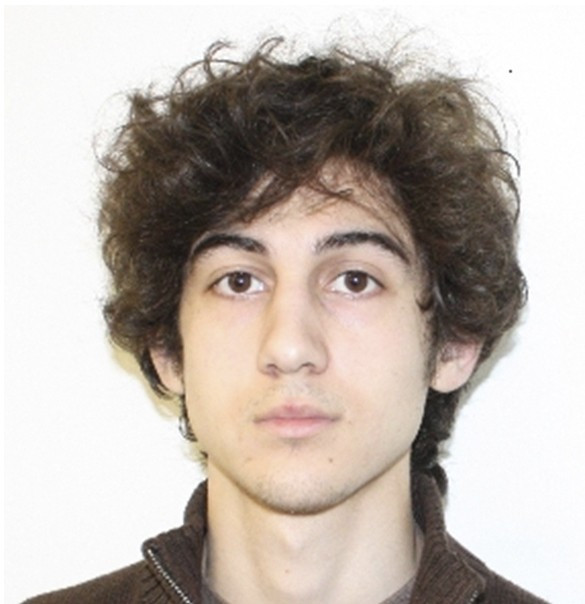Boston marathon bombings trial begins with admission of accused Dzhokhar Tsarnaev's guilt

Two years after the Boston marathon bombings, the trial against prime accused Dzhokhar Tsarnaev began with the defence attorney's blunt admission of her client's guilt.
"It was him," said Judith Clarke said in her opening argument in the US District Court in Boston, packed with victims, survivors and media.
However, she chose to focus on the accused's brother Tamerlan as the prime mover of the heinous crime with Tsarnaev a mere secondary player in bombings.
Her admission followed the prosecution's vivid narration to the court about the plotting and carrying out of the terror act by the brothers who planted two bombs near the finish line of the marathon.
Assistant US Attorney Weinreb told jurors that Tsarnaev and his brother, both ethnic Chechens, had carefully selected the places where they left the bombs in a bid to punish the United States for military actions in Muslim-dominated countries.
"He believed that he was a soldier in a holy war against Americans," Weinreb said of Tsarnaev.
The prosecutor focused on the brutal nature of the injuries caused by the pressure-cooker bombs.
"The purpose of that kind of bomb is to shred flesh, shatter bone, set people on fire and cause people to suffer painful deaths," said Weinreb, describing the painful final moments of the three who died: restaurant manager Krystle Campbell, 29; graduate student Lingzi Lu, 23, and Martin Richard, 8. The number of injured amounted to 264.
"The purpose was to kill and maim as many people as possible."
He noted that Tsarnaev left the backpack with the bomb behind a group of child spectators, including Martin.
The prosecutor also described in detail how Tsarnaev killed his brother following a gunbattle a few days later with police in the Boston suburb of Watertown, while the two were trying to flee.
The jury saw several videos of the bombs going off and of injured people screaming at the marathon venue.
'Not the prime mover'
The defence strategy, while not changing from the not-guilty plea, was aimed at sparing Tsarnaev the death penalty.
"It was Tamerlan Tsarnaev who self-radicalised. It was Dzhokhar who followed him," Clarke said. "The evidence will show that Tamerlan planned and orchestrated and enlisted his brother into this series of horrific acts."
She appealed to the jury to keep their hearts and minds open for the second half of the trial focused on the sentencing.
The Kyrgyzstan-born US citizen faces death penalty if convicted of the bombings on 15 April, 2013.
The accused showed no emotion as the details of his alleged crimes were read out, reports AFP.
A University of Massachusetts student, he was reading terrorist literature as early as 2011, said the prosecution. It was that literature that convinced him to kill Americans to punish them for killing Muslims overseas and to earn him a place in paradise, he said.
Tsarnaev, who became a US citizen in 2012, has pleaded not guilty to 30 charges over the attacks, the subsequent killing of a police officer, a carjacking and shootout with police while on the run.
Seventeen of the 30 charges against him carry the possibility of a death penalty under federal law, but Massachusetts abolished the death penalty in 1984 and no one has been executed in the state since 1947.
© Copyright IBTimes 2025. All rights reserved.





















